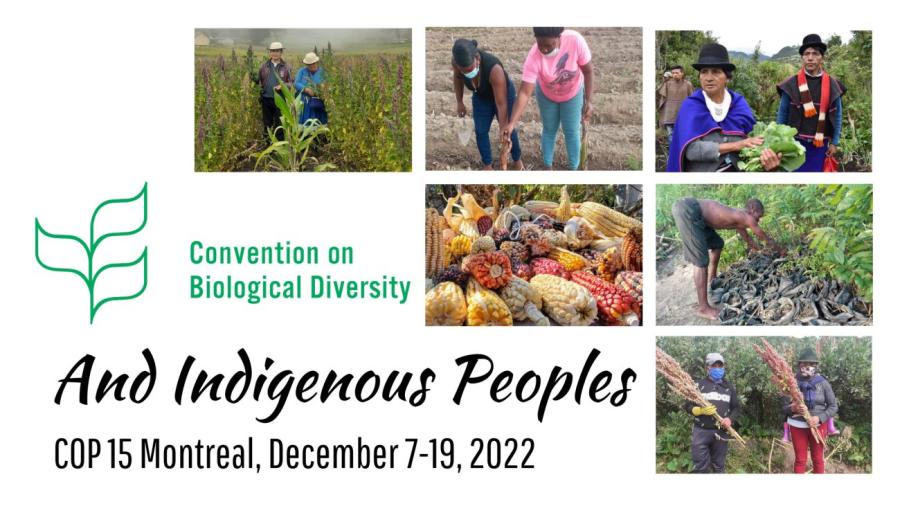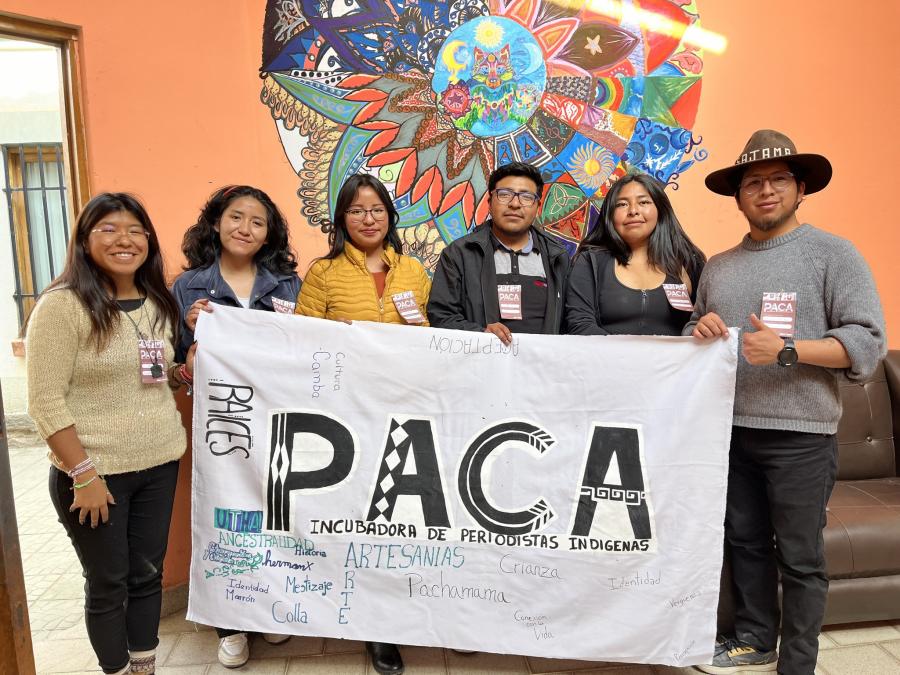
By Madeline McGill
Next week, Indigenous representatives from around the Globe will be headed to New York City to participate in the UN’s World Conference on Indigenous Peoples. This high-level meeting of the General Assembly will address the issues of rights in regards to Indigenous communities.
For the two days following the meeting, September 24th- 26th, another organization will be tackling some of the concerns voiced by Indigenous and non-Indigenous peoples alike. The International Funders for Indigenous Peoples (IFIP) will also be holding their annual World Summit in NYC.
“We envision funding for Indigenous issues becoming a meaningful component of philanthropy globally,” said former IFIP Vice-Preisent José Malvido at a previous summit. “Though facilitating imaginative and respectful partnerships with Indigenous communities.”
IFIP was born out of necessity, to act as a bridge between philanthropists and Native communities. The First Nations Development Institute recognized this need in 1999, and ever since, IFIP has sought to serve as a platform for donors’ to invest in social change for Native communities everywhere.
IFIP does not only want to provide resources to donors already interested in the cause, but also seeks to create a lasting dialogue regarding the various and unique issues that many Indigenous communities face.
Funding is vital in improving the lives of many Indigenous populations, and the World Summit serves as a way to serve this need. During the two days that they are convened, philanthropists will share ideas regarding social change and how to best serve communities. IFIP will then provide insight and recommendations on how best to implement this social change, connecting donors directly with grant seekers.
There is little lack of understanding regarding the concerns of Indigenous populations. The question that plagues governments, NGO’s, and non-profits alike is how to best address these issues and serve societies in a constructive manner. IFIP’s approach is to provide needed resources for those who recognize the call to action.
In a 2002 Australian study titled “Philanthropy, Non-Government Organizations and Indigenous Development”, Robert G. Schwab and D. Sutherland outlined some of the issues that surround Indigenous philanthropy that IFIP hopes to address.
In their study, Schwab and Sutherland acknowledge that there are few models or precedents to guide those interested in navigating the difficult terrain of Indigenous development. In addition, the diversity of communities may act as a barrier.
“Addressing poverty or health or educational disadvantage may require very different approaches in different indigenous communities,” the study states. “For example, what may be appropriate for a community in a remote corner of Arnhem Land may be inappropriate in a country town in New South Wales or metropolitan Melbourne.”
While specific to Australia, this example holds true to the global Indigenous population. For example, the needs of communities in the U.S. require vastly different tactics when compared to communities in Guatemala.
Recognizing the roadblocks between philanthropists and grant seekers is at the core of IFIP’s mission. Because while there are challenges surrounding investment, the greater need for action can motivate organizations to seek sustainable solutions.
Schwab and Sutherland also recognized the importance in the types of relationships IFIP creates. Some reasons being that there is an important need, there is evidence that development approaches work, the time is right, and partnerships may bear fruit where government programs have failed.
IFIP holds their four ‘R’ values close to their mission. Through reciprocity, respect, responsibility, and relationships, they believe they can create a path for current and future philanthropists.
“The lack of funds and how to do it effectively is what we are trying to get out to the donor community,” said IFIP Executive Director Evelyn Arce at the 10th anniversary conference. “And how if they support indigenous peoples in a partnership way, they would get so much out of it and it would really help mother earth. That’s actually why we’re all here, I think.”
The IFIP World Summit meets next week, September 24th-26th, at the New York Marriott Hotel at the Brooklyn Bridge. Interested and eligible participants can register at www.internationalfunders.org
Getting to Know IFIP from Cultural Survival on Vimeo.



